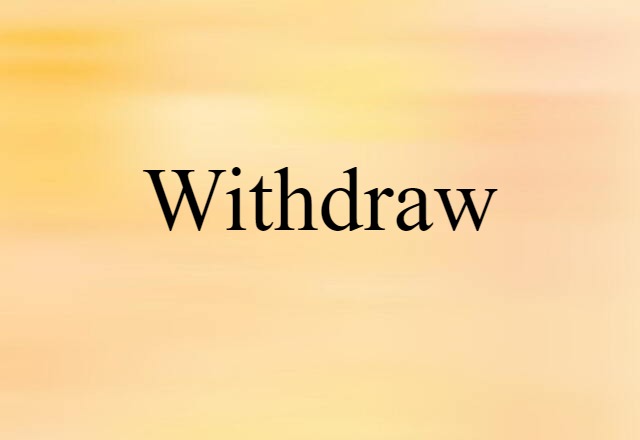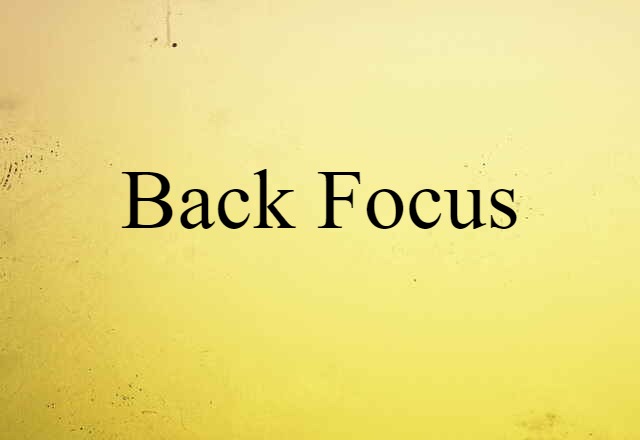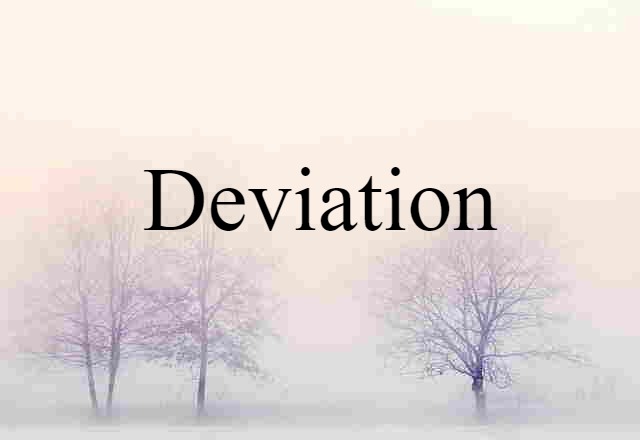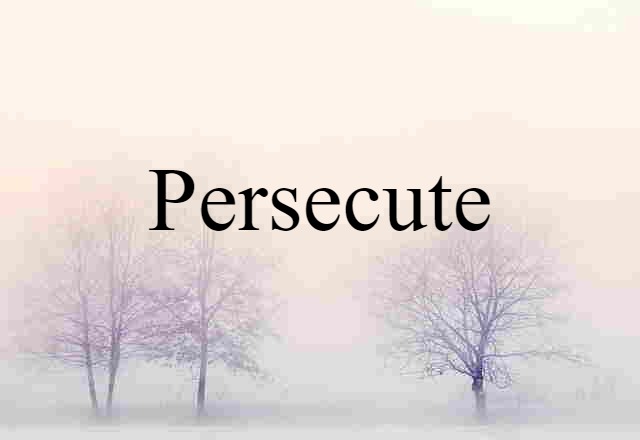- to draw back, away, or aside; take back; remove: She withdrew her hand from his. He withdrew his savings from the bank.
- to retract or recall: to withdraw an untrue charge.
- to cause (a person) to undergo withdrawal from addiction to a substance.
- to go or move back, away, or aside; retire; retreat: to withdraw from the room.
- to remove oneself from some activity, competition, etc.: He withdrew before I could nominate him.
- to cease using or consuming an addictive narcotic (followed by from): to withdraw from heroin.
- to remove an amendment, motion, etc., from consideration.
- to take or draw back or away; remove
- to remove from deposit or investment in a bank, building society, etc
- to retract or recall (a statement, promise, etc)
- to retire or retreat
- to back out (of) or depart (from)
- to detach oneself socially, emotionally, or mentally
















